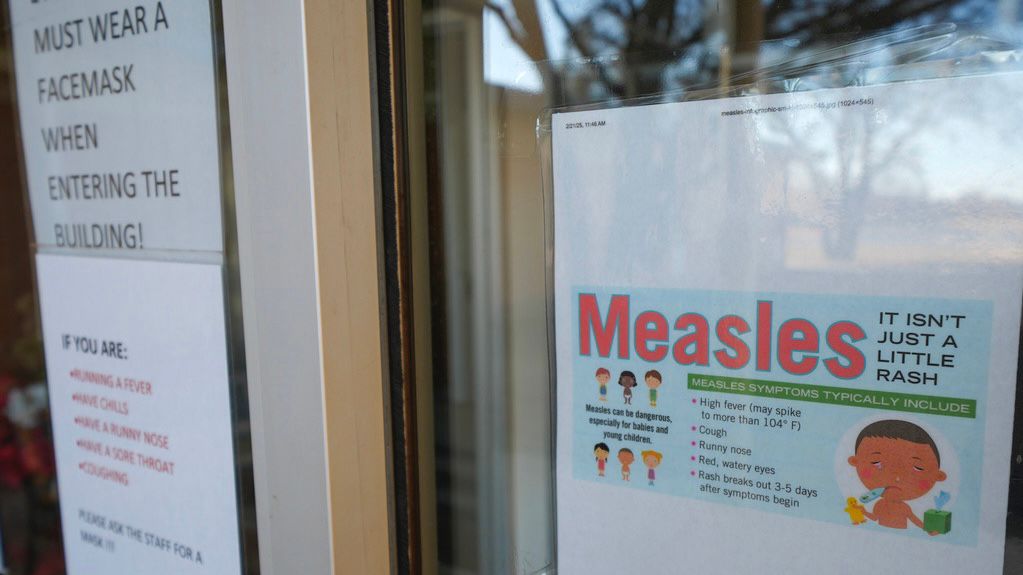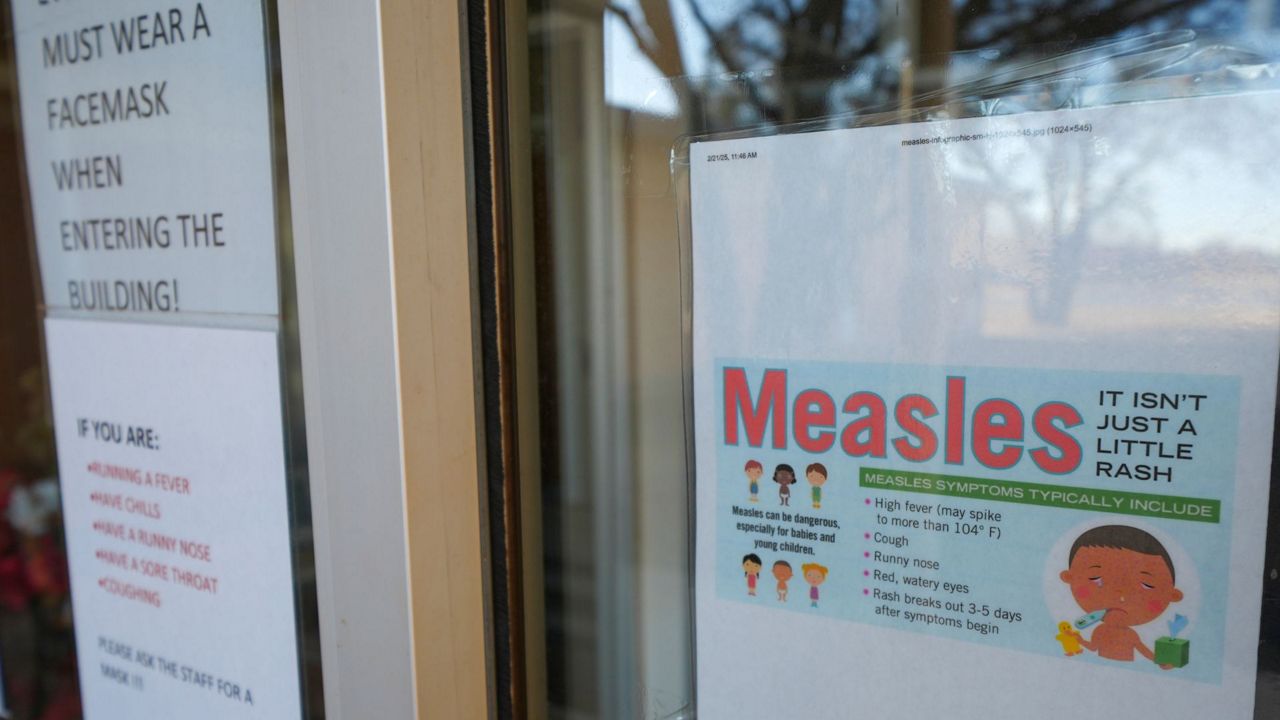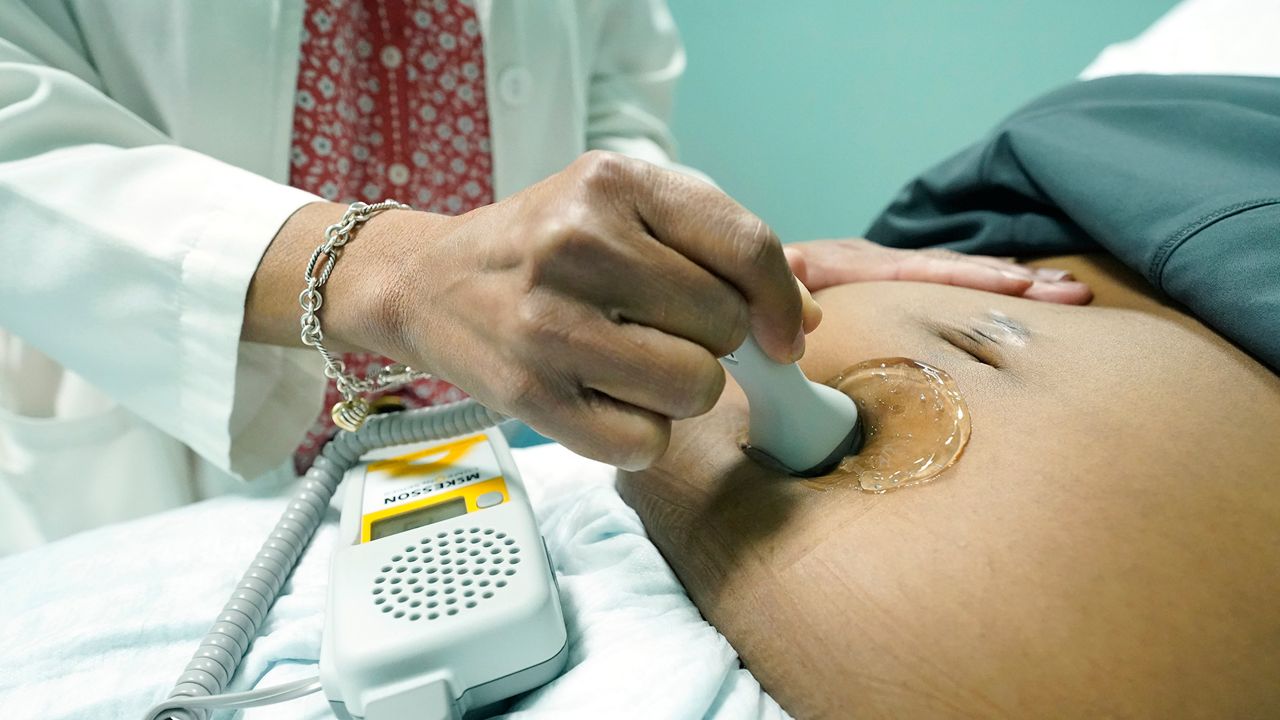AUSTIN, Texas — Denise Neptune hopes she’ll live to see brighter days ahead.
“The hardest part of this journey is I was so looking forward to grandkids,” she said.
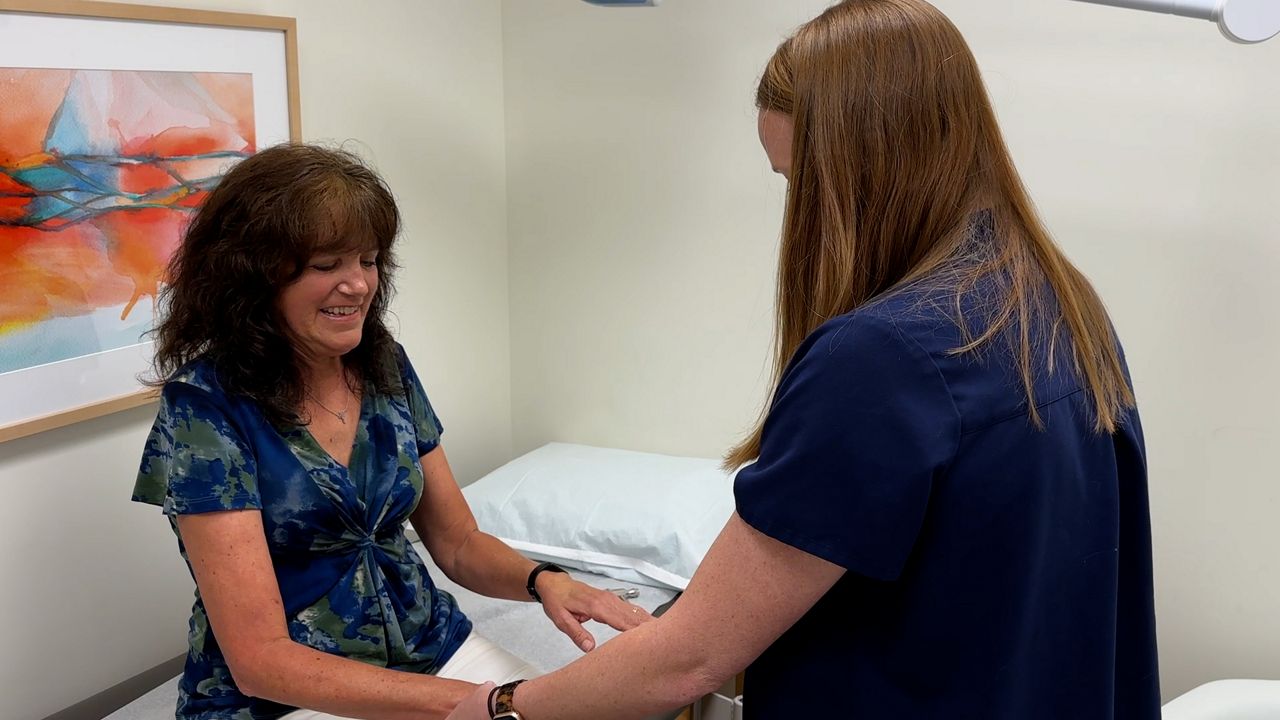
In November, after months of fatigue and symptoms, the Austin resident and 55-year-old mother of four received a life-changing diagnosis: Amyotrophic lateral sclerosis, or ALS.
“We had no idea and when I got that news, I just drove home balling,” Neptune said.
For the nearly 3,000 Texans living with this fatal neurodegenerative disease, being proactive has been key. Neptune spends several days a month at the Austin Neuromuscular Center, one of approximately a dozen clinics in the state that provides day-to-day specialty treatments and offers some of the 68 clinical ALS research trials.
“I’m doing all the exercises and whatever it takes to slow this thing down,” Neptune said.
Neuromuscular neurologist Dr. Hannah Machemehl has spent a decade combatting this deadly illness and says while science has made huge strides, there’s an increased need for genetic testing and patient support.
“There’s a vast need for patients with ALS to receive earlier diagnoses, earlier access to screening, access to specialty care as well as home care and caretaker support,” Machemehl said.
For the first time those conversations are happening at the Texas State Capitol, where the ALS Association and advocates such as Sunny Brous, who has lived with the disease for nine years, are asking state legislators to prioritize funding for research and key initiatives come the next session in January.
“We want to move the tier from a death sentence in two to five years to a chronic sentence that could last decades,” Brous said.
While there’s optimism for the future, Neptune is living in the present, savoring each day.
“I wanted to see the bull’s run in Spain, so we’re going to do that,” Neptune said. “I also wanted to sing and dance on 'The Sound of Music' hills.”
Maybe even more importantly, Neptune is championing for the cause and sharing her story in hopes it inspires others to join this important fight.
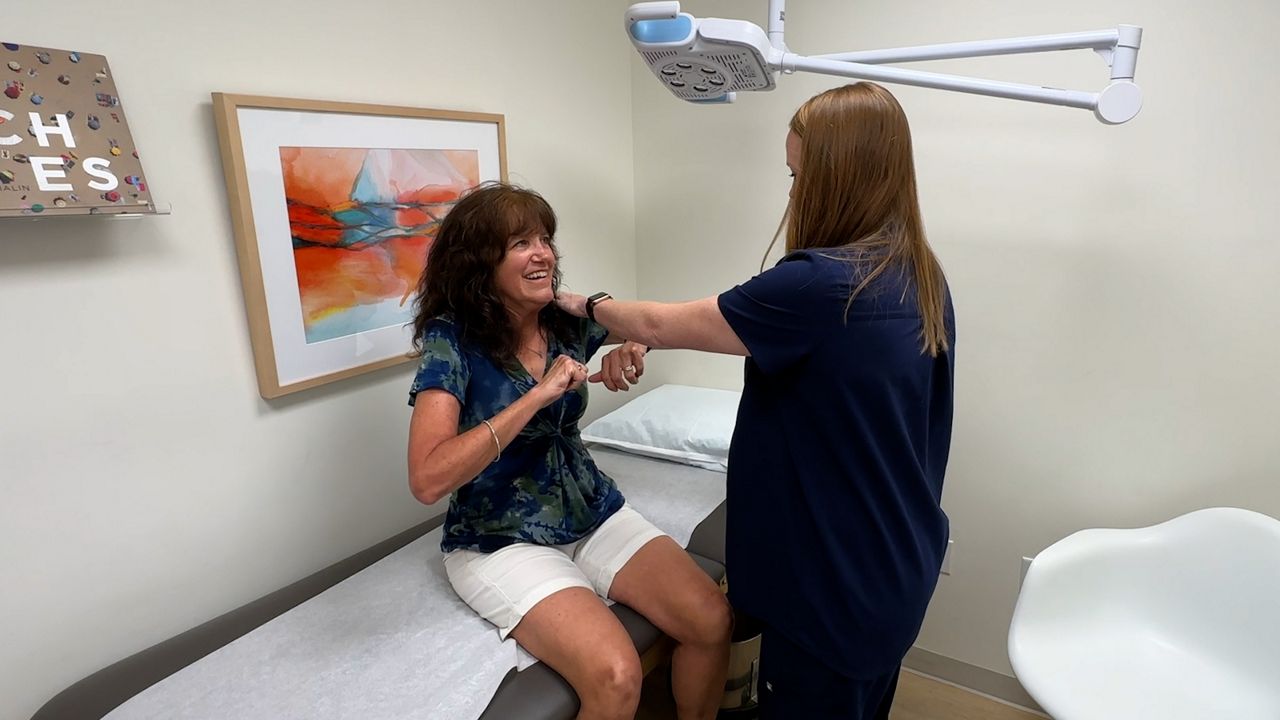
“I’m hopeful, very hopeful,” Neptune said. “Hoping that people will continue to pour into ALS and try to find the cures and why it happens.”








